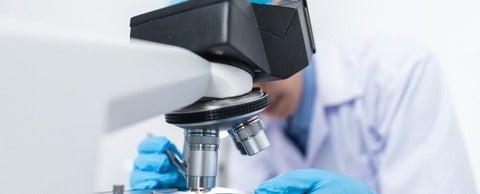The Ontario Battery and Electrochemistry-research Centre (OBEC) fosters collaborative and interdisciplinary research on electrochemical energy storage and conversion materials and systems.
OBEC collaborates with industry and government agencies to develop cleaner, more efficient and environmentally friendly energy technologies for portable electronics, electric vehicles, fuel cell vehicles, portable and stationary backup power supplies, and smart grid systems. These new energy technologies will protect and clean our air, water and soil while improving the competitiveness of Canadian industry and the standard of living of Canadians.
As the hub of electrochemical energy storage research development in Canada, OBEC is expected to attract to Ontario industrial battery manufacturers and cleantech companies that rely on new electrochemical technologies.
News
Jeff Gostick is awarded a Fellowship from the Japan Society for the Promotion of Science
Professor Jeff Gostick was awarded the 2023 Japan Society for the Promotion of Science Fellowship. The Japan Society for the Promotion of Science (JSPS) offers programs that allow exceptional international researchers to engage in collaborative research with researchers in Japan. This enables discussion and an exchange of ideas.
Chemical Engineering professors make the 2023 Highly Cited Researchers list
Three Department of Chemical Engineering professors have been named to the 2023 list of Highly Cited Researchers. They are recognized as innovative researchers who demonstrate significant and broad influence in their field(s) of research.
Transforming CO2 into valuable products
An interdisciplinary research team from the University of Waterloo aims to tackle CO2 emissions in the value chain by transforming CO2 into valuable chemicals needed by industry.
Supported by BMO, the research focuses on the use of green hydrogen to capture CO2 from power plants as well as the iron, steel, and cement industries, and convert it into useful gases via reverse water gas shift reaction.




